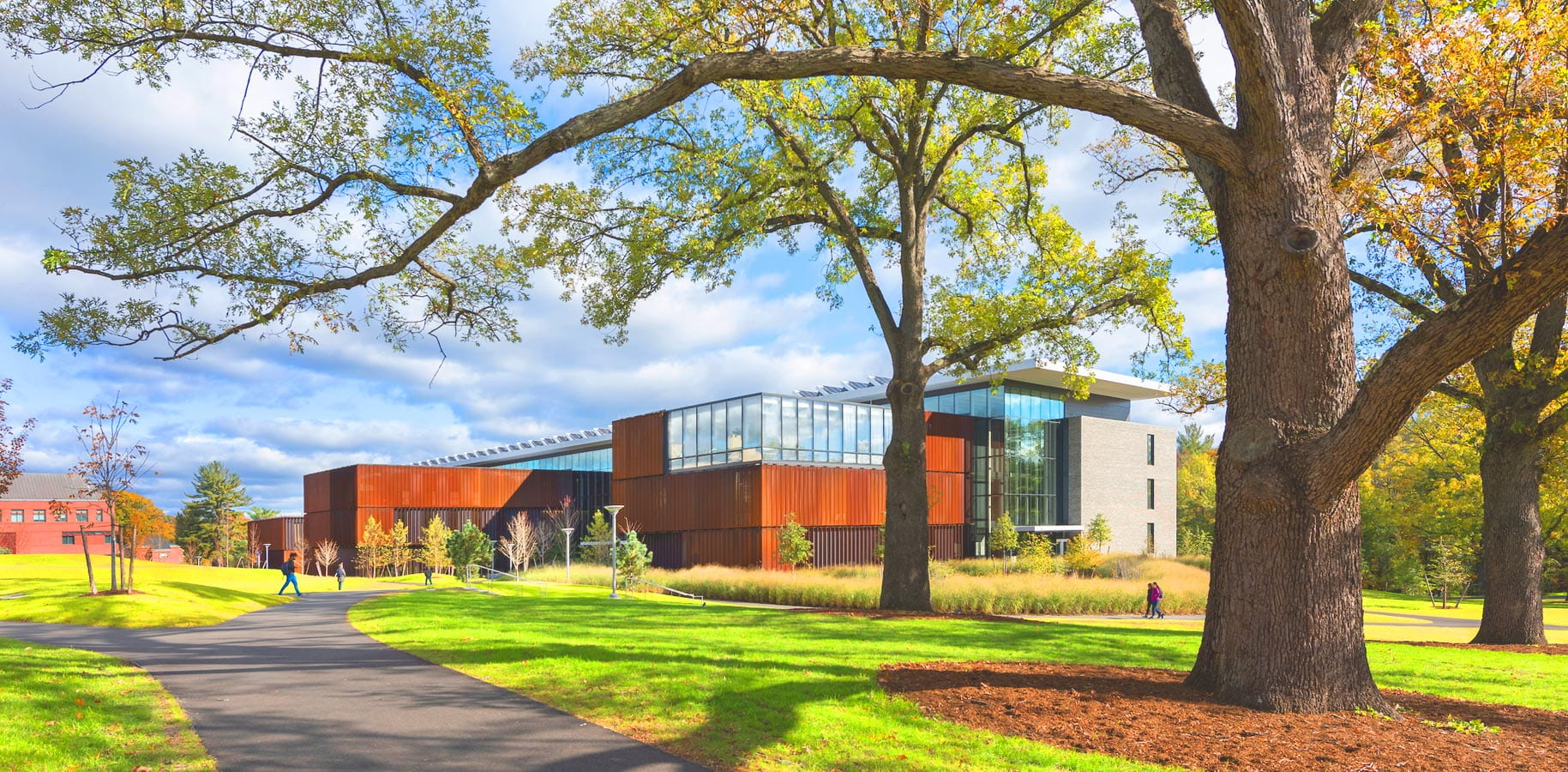Visit https://500womenscientists.org/updates/2020/6/1/take-actionand https://blacklivesmatters.carrd.co/ for ways to be actively antiracist and support this movement.
The Amherst STEM Network stands in solidarity with those protesting the systems and ideologies that enabled the murders of George Floyd, Breonna Taylor, and Ahmaud Arbery among too many others. We stand in solidarity with the Black Lives Matter movement.
Black men are killed 2.5 times more frequently than white men at the hands of police violence, but police are indicted in fewer than 1% of killings. The police killings of unarmed black Americans are responsible for more than 50 million additional days of poor mental health per year in black Americans. The American Public Health Association deemed racism and police brutality as public health issues, for “violence, in all its forms, is a public health issue because it impacts both physical health and mental health.”
The science and statistics alone support the Black Lives Matter movement.
As a STEM publication, we hope these statistics and studies can inform your discussions with family and friends. At the same time, we recognize that each number represents a human life, a story intertwined with that of so many others, a loss which cannot be quantified.
What we strive to show through our publication is that science can and should inform our everyday lives because it does not exist in a vacuum: science exists in context of the community surrounding it. Unfortunately as a result, prejudice and discrimination against black Americans have often determined who could participate in and benefit from scientific advancements. Not only did this result in failure to credit black scientists for their research but it also enabled the misconstruing of measurements to reinforce the social construct of race (a concept that too often is mistaken for the scientific understanding of human genetic diversity). The history of anti-Blackness in the scientific community extends far beyond the scope of what can be covered in this short statement and could never be undone by a mere statement. We recognize that in our lack of addressing this issue in the past, we have been complicit.
Moving forward, we are committed to using our platform to elevate Black voices in science and highlight research that can help dismantle unjust systems in our society. Fill out the nominate form if you know an Amherst student, a professor, or an alum that would like to be featured.
